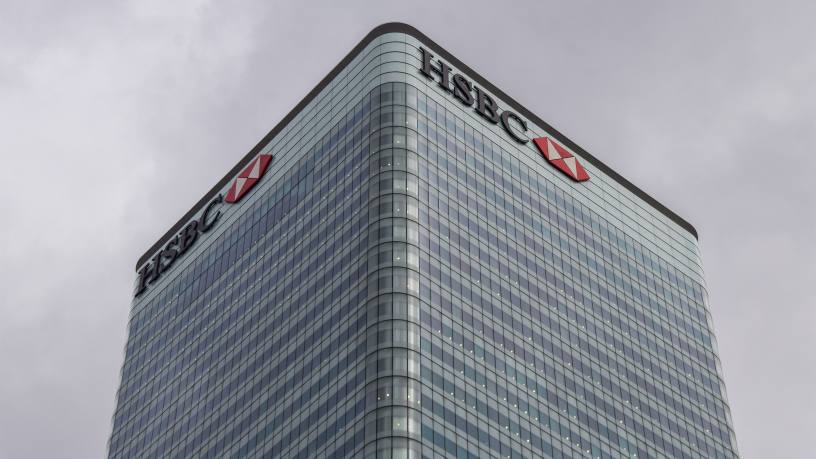Jump to
HSBC is among a number of UK-based institutions reporting challenges to hiring overseas staff after a change to visa rules.
The Financial Times reported that both the bank and Deloitte have withdrawn job offers to foreign graduates following recent changes to skilled worker visas, which saw the salary threshold increase in April from £26,200 to £38,700. The threshold was increased to £30,960 for people under the age of 26.
Around 3 per cent of those offered graduate roles in Deloitte’s autumn intake have had their offers revoked.
This follows KPMG cancelling job offers last month after the company did not meet the threshold for visa requirements. On average, first-year graduates at the Big Four accountancy firms are paid between £25,000 and £35,000, meaning many are now falling below the new threshold.
—
The European Bank for Reconstruction and Development has forecast Ukraine’s economy will grow by around 3 per cent in 2024, with recent war damage to the country’s electrical infrastructure having an impact.
In its Regional Economic Prospects report, the EBRD stated the economy would decline from the 5.3 per cent seen in 2023. Those results were boosted by the country seeing a record harvest. In addition, defence spending supported domestic demand.
In 2023, external financing supported the economy, reducing inflation to around 5 per cent.
The 2024 forecast for Ukraine is in line with the 3 per cent growth forecast by the EBRD for the areas of central and eastern Europe, central Asia and Mediterranean in which it operates.
—
In a bid to shore up its property sector, China is reportedly looking to local governments to buy up vacant properties.
According to Bloomberg, the government has released a preliminary proposal and is looking for feedback from several provinces and government entities. The plan would be much larger in scale than some already enacted to support the struggling property sector. This latest move follows a decision made by the government on April 30 to take more proactive steps in easing the ongoing real estate crisis.
According to the report, the plan would see local state-owned enterprises asked to purchase vacant properties from distressed developers at a discounted rate, using loans provided by state-owned banks. The properties would then be made available as affordable housing.
The sluggish housing sector is a huge drag on the Chinese economy. Home sales in the country fell by 47 per cent in the first four months of 2024, with the level of unsold housing currently at an eight-year high.
—
Standard Chartered has announced the completion of a euro-denominated cross-border transaction completed on global unified ledger market infrastructure Partior.
The transaction was completed between Siemens and iFAST Financial on May 13-14.
The transaction, conducted between Hong Kong and Singapore, follows the bank’s investment into the platform in November 2022. It forms part of Standard Chartered’s plans to expand its use of blockchain directly into its payments systems.
Mahesh Kini, global head of cash management at Standard Chartered, said in a statement: “We understand the real transformation that blockchain-enabled solutions can deliver to the industry and broader ecosystem, and our collaboration with Partior to be the first euro settlement bank to launch on the network brings us closer to our goal of providing real-time, 24/7 flows at scale for corporates and financial institutions, while meeting their treasury needs in a safe and efficient manner.”







